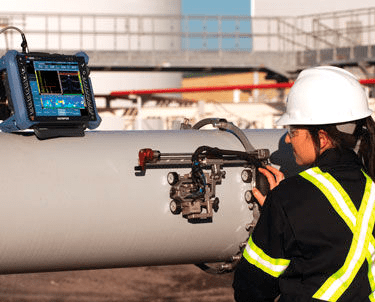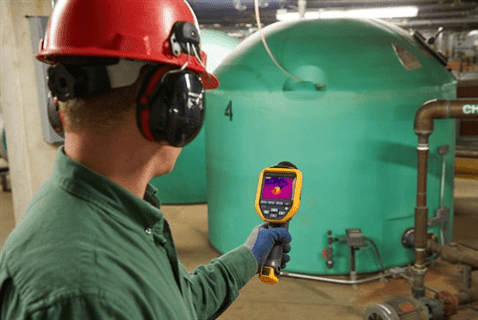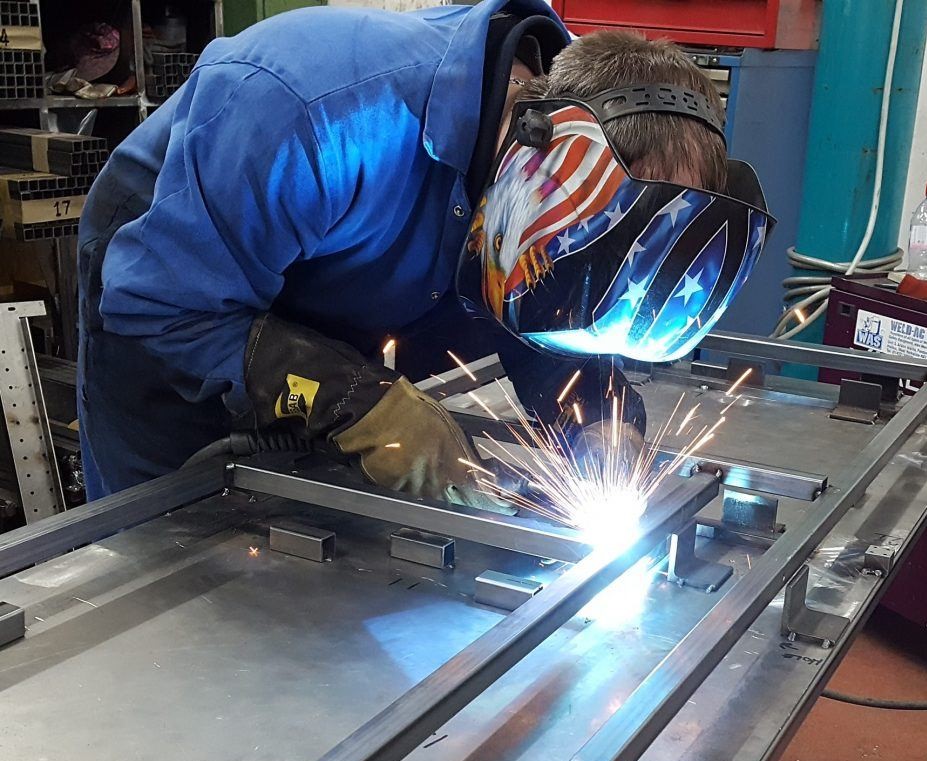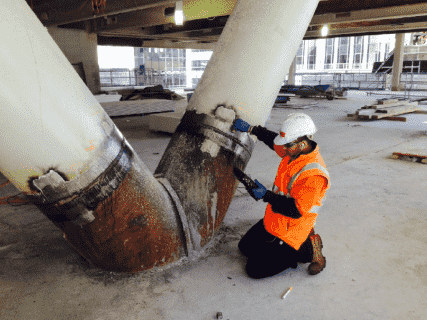COURSE OVERVIEW
FACILITY INTEGRITY, INSPECTION, METALLURGY & CORROSION ENGINEERING

OVERVIEW
| COURSE TITLE | : | FE0580 : API-579/580/581: Risk-Based-Inspection (RBI), Fitness-for-Service (FFS) and Repair Practices of Pipelines, Piping, Vessels and Tanks in Refineries, Gas, Oil and Petrochemical Facilities |
| COURSE DATE | : | Jun 24 - Jun 27 2024 |
| DURATION | : | 4 Days |
| INSTRUCTOR | : | Mr. Steve Magalios Days |
| VENUE | : | Abu Dhabi, UAE |
| COURSE FEE | : | $ 4500 |
| Register For Course | ||
OTHER SCHEDULED DATES
| Date | : | Mar 03 - Mar 07 (5 Days) | Location | : | Dubai, UAE | Classroom Fee (US$) | : | $ 5500 | Course Info |
| Date | : | Mar 04 - Mar 07 (4 Days) | Location | : | Al Khobar, KSA | Classroom Fee (US$) | : | $ 4500 | Course Info |
| Date | : | Sep 16 - Sep 19 (4 Days) | Location | : | Dubai, UAE | Classroom Fee (US$) | : | $ 4500 | Course Info |
Course Description
This practical and highly-interactive course includes various practical sessions and exercises. Theory learnt will be applied using our state-of-the-art simulators. This course presents a comprehensive and practical introduction and application of the latest techniques in RiskBased Inspection (RBI) planning, and Fitness-For-Service (FFS) analysis of inspection results. It discusses practical techniques for the analysis of equipment, piping and pipelines defects and degradation. The focus of the course is on predicting degradation in service, setting optimum inspection intervals (API 580-581), projecting remaining life based on generic data corrected for plant specific conditions, and applying quantitative analysis for degraded conditions to determine whether equipment is fit for continued service or should be repaired or replaced (API 579-1/ASME FFS-1, ASME B31G, etc.). The course includes a discussion on identification of API RP 571 damage mechanisms, risk management, and risk mitigation strategies. Requirements for input data and information, and the roles of the RBI Assessment Team will be described. Approaches to levels of RBI assessment and basis for implementation will be examined.The exercise will give Delegates the opportunity to key elements for implementation of an RBI system to a process facility. The course presenters are independent of any commercial organization and the Course Notes are applicable to all commercially available systems.
TRAINING METHODOLOGY
This interactive training course includes the following training methodologies as a percentage of the total tuition hours
LecturesWorkshops & Work Presentations
Case Studies & Practical Exercises
Videos, Software & Simulators
In an unlikely event, the course instructor may modify the above training methodology before or during the course for technical reasons.
VIRTUAL TRAINING (IF APPLICABLE)
If this course is delivered online as a Virtual Training, the following limitations will be applicable
| Certificates | : | Only soft copy certificates will be issued to participants through Haward’s Portal. This includes Wallet Card Certificates if applicable |
| Training Materials | : | Only soft copy Training Materials (PDF format) will be issued to participant through the Virtual Training Platform |
| Training Methodology | : | 80% of the program will be theory and 20% will be practical sessions, exercises, case studies, simulators or videos |
| Training Program | : | The training will be for 4 hours per day starting at 09:30 and ending at 13:30 |
| H-STK Smart Training Kit | : | Not Applicable |
| Hands-on Practical Workshops | : | Not Applicable |
| Site Visit | : | Not Applicable |
| Simulators | : | Only software simulators will be used in the virtual courses. Hardware simulators are not applicable and will not be used in Virtual Training |
RELATED COURSES

FE0989 : Infrared and Thermal testing Method (IR) II
- Date : May 12 -May 16 / 3 Days
- Location : Dubai, UAE
- Course Details Register

FE0730 : Liquid Penetrant Testing Level-I Training & Certification (ASNT, SNT-TC-1A)
- Date : Sep 02 -Sep 02 / 3 Days
- Location : Al Khobar, KSA
- Course Details Register

FE0048 : Welding and Cutting
- Date : May 19 -May 23 / 3 Days
- Location : Dubai, UAE
- Course Details Register

FE0320 : Metallurgy, Corrosion and Prevention of Failures: Material Selection and Properties
- Date : May 13 -May 16 / 3 Days
- Location : Abu Dhabi, UAE
- Course Details Register
